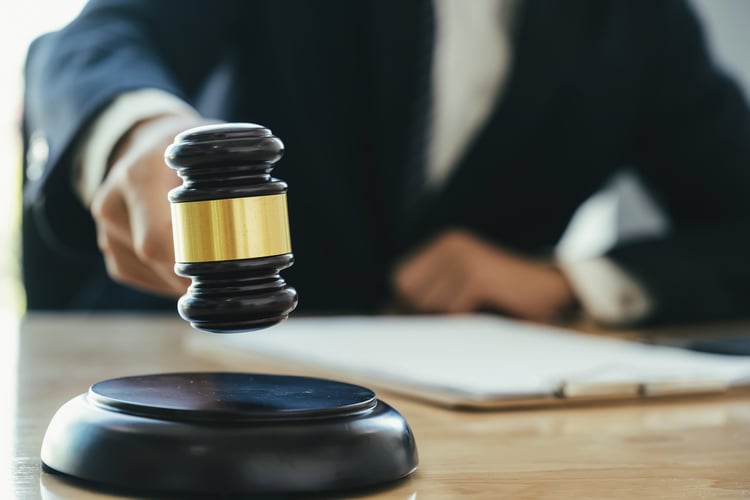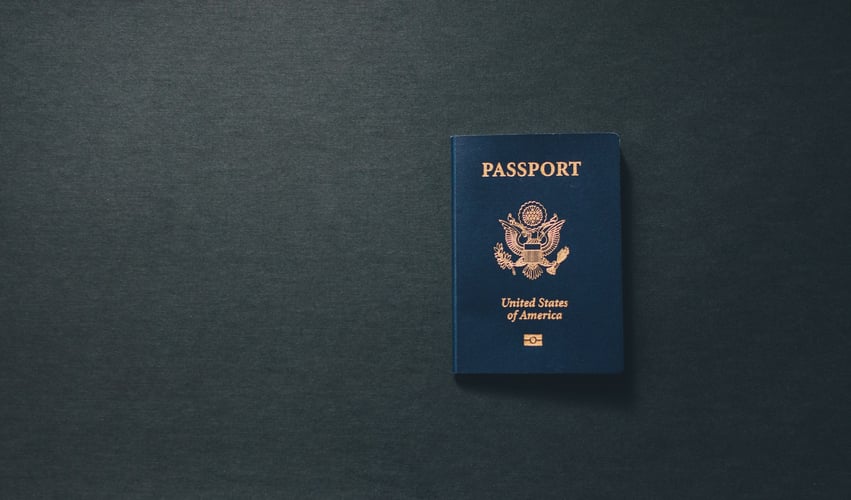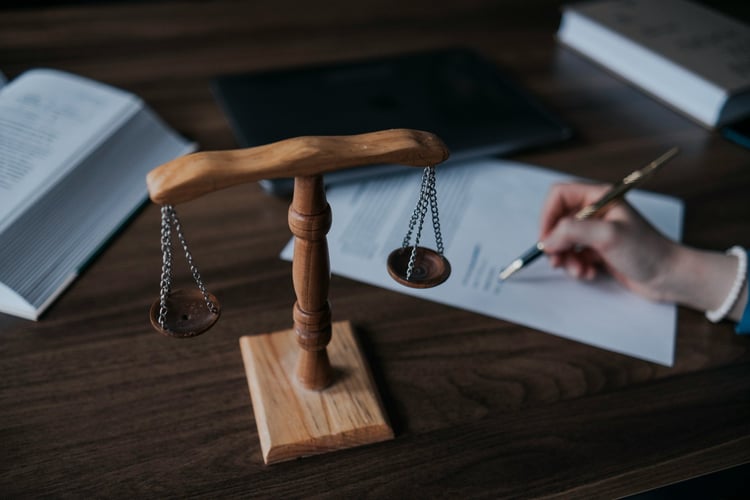
In Denver, civil rights are not just a piece of history. They are an everyday concern for people across the city—at work, in classrooms, on public transit, and in local government offices. Civil rights protections help people get fair treatment, keep them safe, and open doors to opportunity. This is especially true for Denver residents from immigrant backgrounds, communities of color, and neighborhoods with fewer resources. Right now, these protections feel more important than ever.
Early fall in Denver is more than just cooler weather and students settling back into school. For local government, September marks a time of new program rollouts and upcoming budget decisions. Civic life becomes more visible as residents pay attention to how their voices and rights fit into city systems. If you have ever worked with a Denver civil rights attorney or know someone who has, you know how these issues affect people’s daily experiences and their futures.
Shifting Civil Rights Issues in a Growing City
Denver has grown quickly. What once felt like a small city now stretches with new neighborhoods, employers, and people from across the country and the world. Growth brings more energy and new ideas, but it can also lead to bigger civil rights concerns for longtime residents and newcomers alike.
Housing is one area where tension shows up. When zoning decisions favor large property owners, some longtime tenants feel pushed out. Others worry about fees or rules that seem geared against them. At the same time, changes in public safety and city enforcement have raised fears about racial profiling and uneven treatment.
Communities who have often seen doors closed to them—such as Indigenous residents, immigrants, or refugees—may face challenges applying for city services or participating in public events. Sometimes, even waiting in line for help or seeking a permit can feel unfair. These everyday experiences show how civil rights concerns do not just live in the law—they show up in ordinary moments.
Novo Legal regularly supports people in these communities, helping to address cases involving discrimination, access issues, and unequal treatment in city systems. The firm’s work often connects with stories that do not get wide media attention, but still carry a heavy impact on people's lives.
Common Scenarios That Can Involve Civil Rights Violations
Sometimes it is tough to know if a tough moment is just uncomfortable or if rights have been denied. Still, the patterns we have noticed help people sort through what happened. Someone might get stopped or searched without a fair reason. At work, a person could be paid less or passed over for promotion based on their language or appearance. There are neighborhoods where public services are more reliable than in others, and that can feel unfair when it happens again and again.
Here are a few examples that reflect what we see in Denver:
- A student with disabilities is not able to attend programs that classmates with no disabilities get to join
- A business turns someone away based on their dress, background, or language
- Security or transit staff ask for ID more often in certain neighborhoods but not others
These issues are not just personal slights. Over time, they add up and shape how welcoming or safe a city feels. Sometimes, internal complaints do not fix things. In those cases, legal action may be the only way forward to see fair rules applied to everyone.
The Role of Local Advocacy and Legal Experience
Trying to figure out your rights while feeling ignored can be overwhelming. That is where local expertise helps. A Denver civil rights attorney not only understands written laws, but also knows Denver city ordinances, state policies, and local history. This makes a difference when someone needs to know if their experience is just a misunderstanding or a violation.
Local legal support is often key in the first steps. Maybe your supervisor keeps ignoring you for training but never offers a good reason. Maybe rules at a city agency seem to change depending on who is in the office. Having legal guidance at this point helps people make a record, know what to ask next, and decide on the best response.
At Novo Legal, attorneys use local experience to help people from different backgrounds understand what is happening and why. The firm helps collect needed paperwork and prepares people for meetings or hearings if the situation grows more serious. Early support can keep small problems from turning into larger obstacles.
Fall Touchpoints That Bring Civil Rights Back Into Focus
September in Denver always seems to bring bigger conversations around fairness and access. School district changes are announced, shaping which students get support or who might miss out on afterschool programs. Budgets set by city boards decide if certain neighborhoods get new bus stops, better parks, or updated public spaces.
Fall is also the season for election preparations. Some people get all the information they need to vote without trouble. Others have to ask for language help or wonder if new rules will let them participate. Sometimes, people face questions or pressure at polling places, which gets in the way of their rights.
Budget meetings and policy rollouts can either help fix old gaps or create new ones. Watching who is included—or left out—in these early fall decisions says a lot about where civil rights challenges may pop up next.
Protecting Your Rights Starts with Awareness
Civil rights protections are kept strong by people who notice when something feels off and who act to fix it. In Denver, these issues might not always get big news coverage, but they shape the daily lives of students, workers, renters, and neighbors. When a school does not treat every child equally, when an employer skips over someone based on their identity, or when a city office creates needless hurdles, the impact is clear.
Staying informed, asking questions, and being willing to speak out are steps that make a difference. When people know their rights, they can protect themselves and others—building a Denver that feels safe and fair for all. The more we learn, the stronger the city becomes, no matter what changes the next season brings.
If recent events have made you question whether your civil rights were protected or taken seriously, you’re not alone. At Novo Legal, we understand how local policies and public systems in Denver can affect daily life, especially for those already facing barriers. When you’re unsure where to turn or whether your experience crosses a legal line, talking with a Denver civil rights attorney may help bring clarity and direction.



